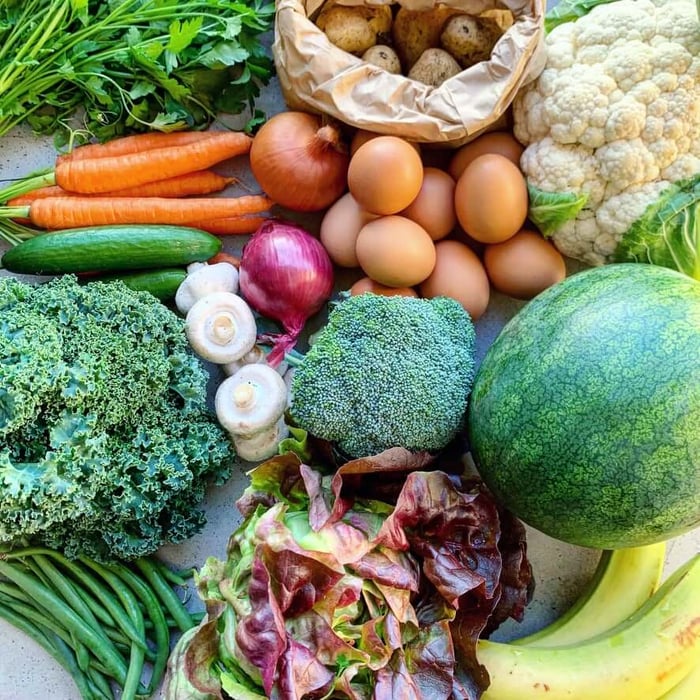Whole foods vs Processed.
Once you understand this concept you will be on the path to nutritional success. You will be better equipped to make healthier food choices to support your overall health.
What do we mean when we say Whole food?
Whole foods are foods that are consumed as close to their natural state as possible.
They have undergone minimal processing. They do not include additives or artificial ingredients, preservatives or flavourings etc.
Whole foods are what we refer to as nutrient dense. They provide abundant fibre, vitamins, minerals and antioxidants.
Whole food groups are:
- Fresh fruit and vegetables
- Wholegrains (e.g. brown rice, oats, buckwheat, quinoa)
- Legumes (e.g. peas, beans, lentils)
- Nuts and seeds
- Fresh eggs, meat and fish
Examples of minimally processed foods that remain close to their original state:
- Washed and ready to eat salad
- Frozen fruit and vegetables (without additives)
- Rolled oats
- Canned beans
- Natural plain yoghurt
- Nut butters
Example of highly processed foods that have been refined, with added salt, sugar, fat, flavourings and preservatives:
- Sweetened breakfast cereals
- Processed meat (e.g. deli meats, hots dogs)
- Fizzy drinks
- Instant noodles
- Many ready-made meals
- Most packaged “baked goods” (e.g. crackers, cookies, cakes, pastries)
Tip: for many people it is not realistic to cook everything 100% from scratch. When purchasing packaged foods or pre-made sauces etc aim to choose the product with the most whole food ingredients, with the least additives.Try to avoid any ingredients that sound more like a number/chemical than like a food.
Our menu is centred around the principles of using nutrient dense whole food ingredients - check it out here

